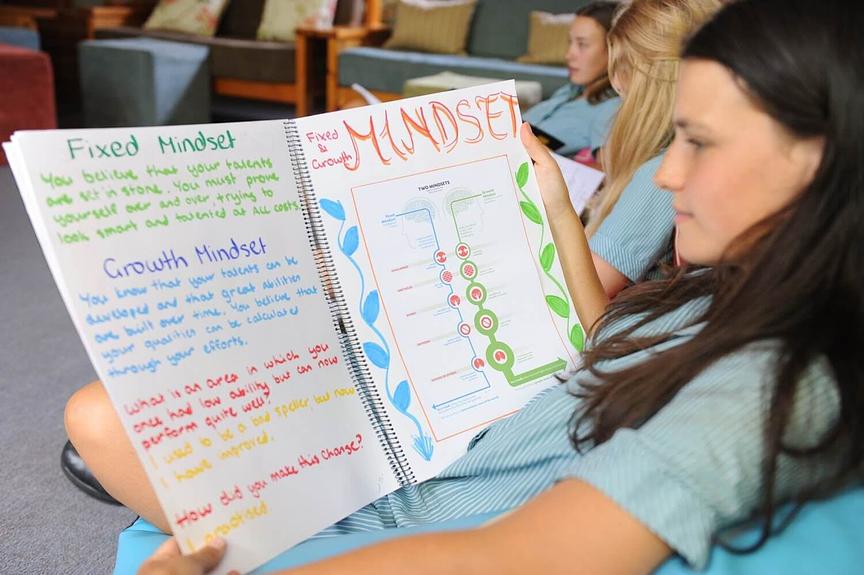Nearly a quarter of Australian youth have anxiety, affective or substance use disorders, and a variety of other mental illnesses. The issue is not limited to Australia, the world faces a challenge which requires a global approach because theWorld Health Organization predicts that by 2030, depression will be the highest contributor to global disease.
In addition to mental health prevalence, if we consider what we want most for our children and fellow humans, characteristics outlines byMartin Seligman come to mind: happiness, confidence, contentment, fullfillment, balance, kindness, health, satisfation, and love. Wellbeing must be at the center of education - not on the periphery. Substantial evidence shows that students can successfully learn skills to increase resilience, positive emotion, relationships, engagement, and meaning.
Positive Education was pioneered at Geelong Grammar School as a school-wide approach to promote student and staff wellbeing. Based on the science of Positive Psychology, Positive Education aims to enable individuals and communities to flourish.
The GGS Model for Positive Education is a framework that helps schools flourish my emphasizing: Positive Relationships, Positive Emotions, Positive Health, Positive Engagement, Positive Accomplishment, and Positive Purpose. The framework comes to life at the school on four levels, described as 'learn it,' 'live it,' 'teach it,' and 'embed it.'
From the outset, GGS has prioritized student and staff wellbeing through transformational educational programs, and through innovation and research in the field of Positive Education.



